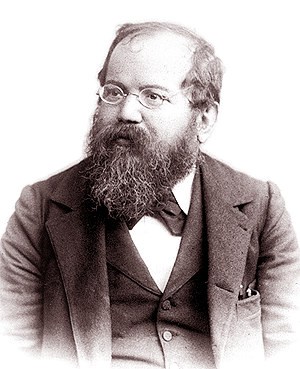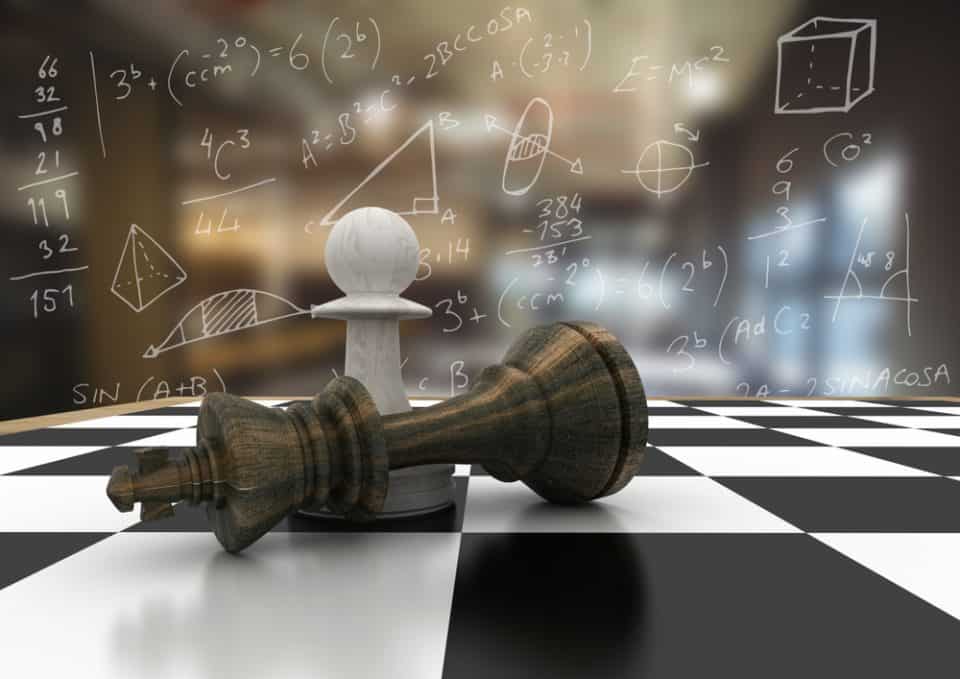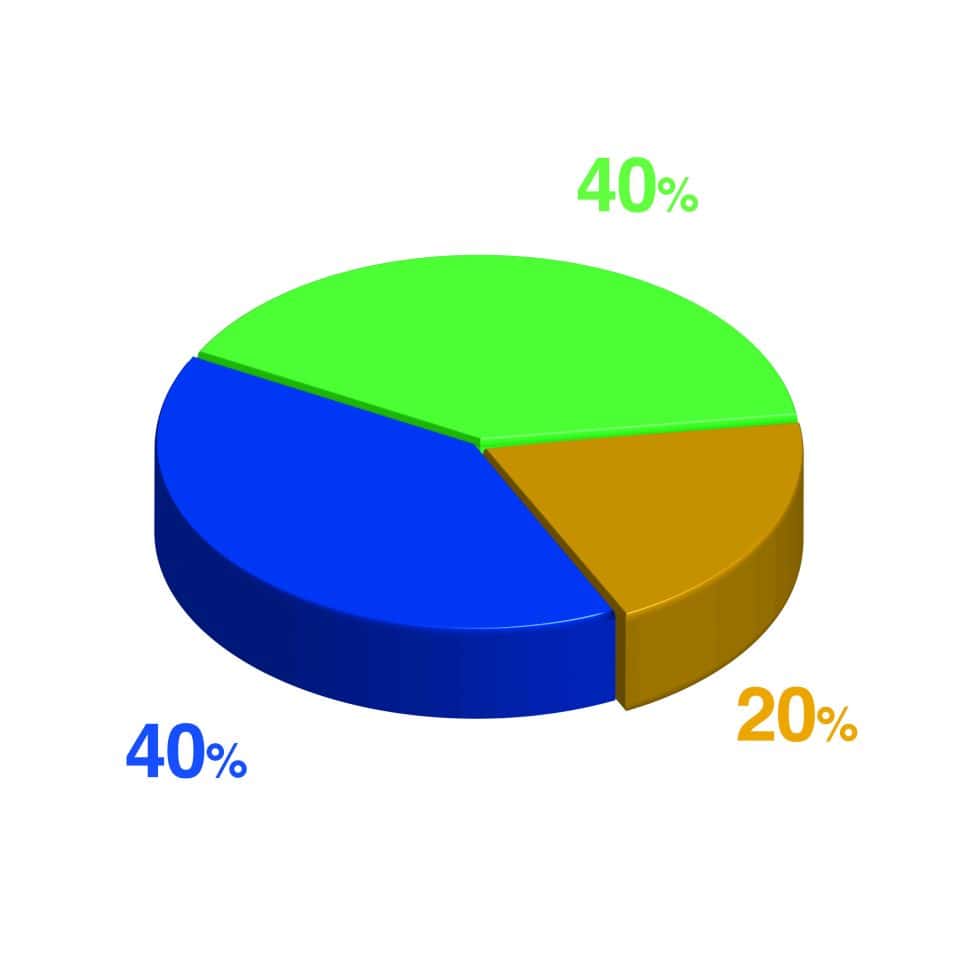Chess is well-known worldwide and has many fans, but its roots and origins are unclear and highly debatable.
Numerous legends, stories, and educated guesses range from where it came from to when it was invented.
Here is one notable account:
Archaeological remains of chess-like pieces on a board dating from 2000-3000 B.C. have been discovered in the city of Lothal (of the Indus Valley civilization).
These are said to be the remains of a game called chaturanga. Although the exact rules of chaturanga are unknown, many believe that the rules of chess were derived from chaturanga and other chess ancestors such as xiangqi in Chinese, janggi in Korean, shogi in Japanese, and makruk in Thai.
Most people agree that a single person did not create the established game because it is far too complex with all its rules and concepts for any simple human mind to have created.
Therefore, you might struggle to recognize the game of chess from what it is today compared to chaturanga and other games that preceded chess.
Chess in Europe
Chess made its way into Europe between the twelfth and thirteenth centuries via various routes, including Southern Europe via the Byzantine Empire and Muslim Spain via North Africa.
It was quickly adopted by much of Europe’s nobility and fond eager sponsors of several medieval kings.
The game’s popularity peaked in Europe during the late Medieval and early Renaissance periods. It became deeply associated with the nobility and aristocracy and, for a time, was considered an essential skill to be learned by young knights, similar to how young aristocrats in ancient China were expected to learn Go.
It was also associated with revelry, gambling, and violence. Unfortunately, it was also associated with revelry, gambling, and violence, prompting some in the Catholic church to try to prohibit it.
European players introduced several changes to the game, such as checkered chess boards and renaming various pieces to reflect medieval European figures such as knights and bishops.
Before the European influence on chess, games were slow during the medieval period, often lasting hours or even days, and resulted in several rule changes, including the ability to move pawns two spaces on the first move and the development of castling, making it easier to protect the king early on.
By 1500, southern European players had made additional changes to bishops and queens. Around this time, players such as the Spanish bishop Ruy Lopez de Segura and Frenchman Andre Danican Philidor began to analyze the principles of various opening and endgame situations.
Chess would later aid literacy campaigns in Eastern Europe because the ability to read and write chess moves motivated to learn at least the basics of written language.
It became a low-cost political tool used in a propaganda campaign to demonstrate to Soviet citizens the intellectual superiority of the Soviets over the rest of the world.
It also provided cheap entertainment to a country with few resources to spend on diversionary activities, and as communism spread throughout Eastern Europe, so did chess.
An Introduction To Modern Chess
The game became a fixture of modern European life by the nineteenth century. Chess clubs were formed, and chess problems became regular features in major newspapers.
The first international chess tournament was held in London in 1850. The tournament resulted in modern timekeeping, speed chess variations, and sealed moves.
In 1886, the first World Chess Championship was held and produced the first undisputed World Chess Champion, Wilhelm Steinitz, with an aggressive and highly romantic style of the time before developing and theorizing the positional style that would come to dominate in the twentieth century.
The rule that says white has to play first started in the 1880s. Players used to alternate or for the first player to select their color.
The World Chess Federation (Fédération Internationale des Échecs, or FIDE) standardized chess rules and international competitions in the twentieth century. Chess theory developed in the early twentieth century, introducing radically new play styles.
The development of chess computers capable of defeating even the best human players had had far-reaching consequences for the game when Garry Kasparov was defeated by deep blue in 1996 and 1997
Players can now consult databases containing millions of games to identify flaws in their play, enabling players to discover brilliant new moves (referred to as “novelties”) that have never been seen before.
Today, no single school or style of chess reigns supreme. For example, Magnus Carlsen, the current world champion, is known for using a variety of openings. He uses this to keep his opponents in oblivion.
Learn more in our article on History Of The World Chess Championship: A Look At The Pre Steinitz-Era






join the conversation